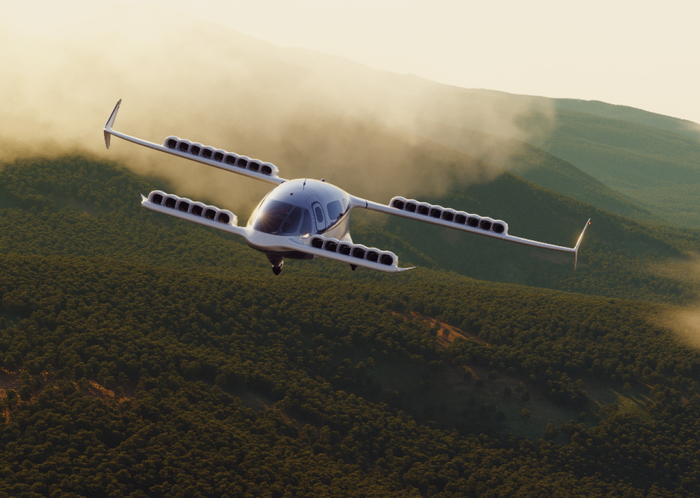IoT Theorist Rifkin Debates Trump and Clinton Proposals
American economist Jeremy Rifkin shares his thoughts on what could happen if Clinton or Trump became our next president.
September 27, 2016

By Martin Rosenberg
Given his energy policies, a Donald Trump presidency would send the United States into “second tier status” when it comes to leading the world to an efficient, renewable and sustainable energy economy, says social thinker Jeremy Rifkin.
A President Hillary Clinton must do more than carry President Obama’s initiative’s across the finish line, Rifkin said.
Our next president must recognize that government has an important role to play alongside the business sector when it comes to promoting a major paradigm shift in how we generate and use electricity.
Rifkin will lay out his full vision for the future of energy and the American and global economy at the Empowering Customers & Cities executive conference in Chicago November 1-2.
He recently sat down for an hour-long interview with The Energy Times about his view – including the issues at stake in the November election.
An excerpt follows.
ENERGY TIMES: Hillary Clinton and Donald Trump have starkly different views on energy. What would be the impact of Trump’s call to revive coal generation and deny the threat of climate change?
RIFKIN: We've already a decade already, and we are going to fall further behind. If we lose another decade, we are heading toward second tier status.
ENERGY TIMES: President Barack Obama has advanced his Clean Power Plan and pushed for an international agreement to combat climate change. If Clinton continues these policies, will we get to where we need to be?
?RIFKIN: President Obama wanted a green economy. He still wants a green economy. He spent billions of dollars of stimulus money and tax money on a green economy that didn't happen. His heart is in the right place, but it didn't happen. The reason is there is a fundamental misunderstanding in this country on how to move to a new economic era. It's fundamental. People believe that all you have to do is incentivize a million Steve Jobs and then let the entrepreneurs individually create the new products and services. What we know is that economic revolutions are paradigm shifts in infrastructure. Those infrastructures are public goods because everybody relies on them – including the business community. If you have a country where no one wants to spend money on the public goods – communications, energy, and transport infrastructures which businesses plug into for new productivity – you're lost. In the second Industrial Revolution, you had to have public moneys laying out the road system via interstate highways. You had the public moneys underwriting the telephone systems. You had to have public moneys to establish the subsidies for power lines. That's the infrastructure where innovation occurs. You plug into it. Remember when President Obama during his second run for the presidency was speaking in front of small businesses and said, “You didn't build that.” He meant infrastructure. He was lambasted across the country. People said, “How dare you? Government never does anything. It's the privately owned entrepreneur that does everything.” When you don't understand that it requires a public – private partnership, you're lost. I work with the leadership in China to develop their new five-year plan. Every other country understands you have to have a public and private engagement in building new infrastructure which is a public good. If you don't understand that, you're lost. That's what happened to President Obama.
This article was originally published in sister publication The Energy Times.
You May Also Like






